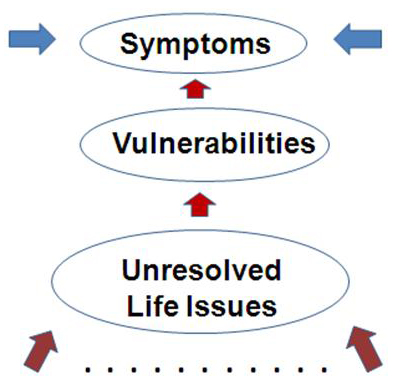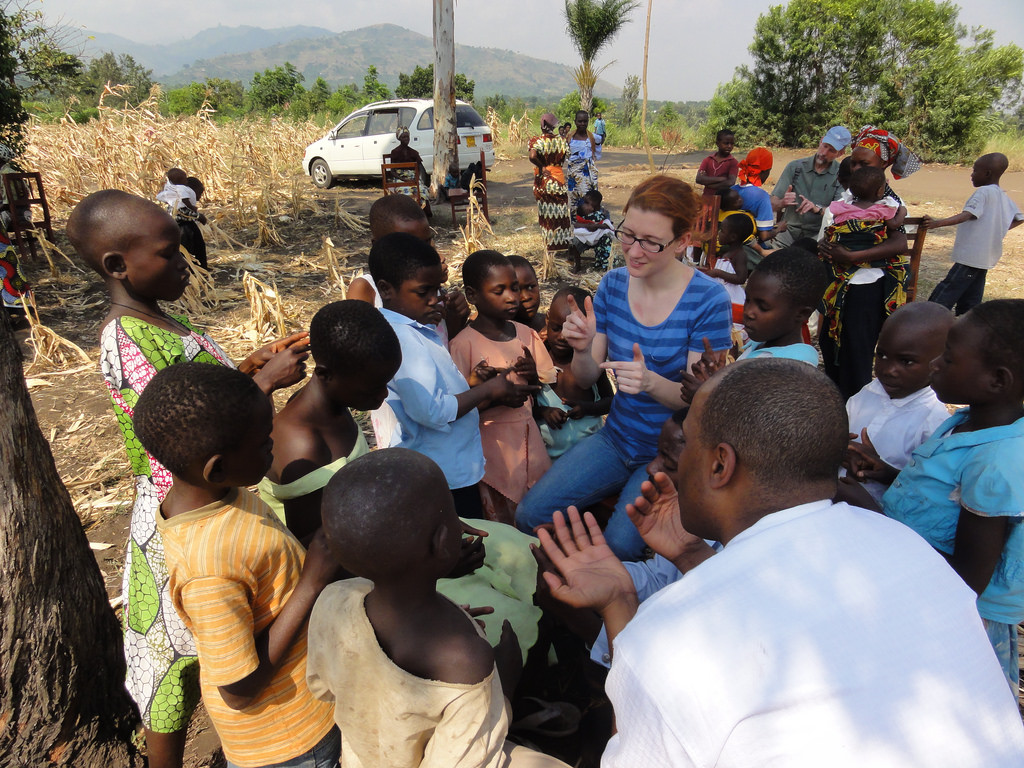
How the trauma of life is passed down in sperm, affecting the mental health of future generations
The changes are so strong they can even influence a man’s grandchildren
- They make the offspring more prone to conditions like bipolar disorder
|
And new research shows this is because experiencing trauma leads to changes in the sperm.
These changes can cause a man’s children to develop bipolar disorder and are so strong they can even influence the man’s grandchildren.
Psychologists have long known that traumatic experiences can induce behavioural disorders that are passed down from one generation to the next.
However, they are only just beginning to understand how this happens.
Researchers at the University of Zurich and ETH Zurich now think they have come one step closer to understanding how the effects of traumas can be passed down the generations.
The researchers found that short RNA molecules – molecules that perform a wide range of vital roles in the body – are made from DNA by enzymes that read specific sections of the DNA and use them as template to produce corresponding RNAs.
Other enzymes then trim these RNAs into mature forms.
Cells naturally contain a large number of different short RNA molecules called microRNAs.
They have regulatory functions, such as controlling how many copies of a particular protein are made.
They discovered that traumatic stress alters the amount of several microRNAs in the blood, brain and sperm – while some microRNAs were produced in excess, others were lower than in the corresponding tissues or cells of control animals.
These alterations resulted in misregulation of cellular processes normally controlled by these microRNAs.
After traumatic experiences, the mice behaved markedly differently – they partly lost their natural aversion to open spaces and bright light and showed symptoms of depression.
These behavioural symptoms were also transferred to the next generation via sperm, even though the offspring were not exposed to any traumatic stress themselves.
The metabolisms of the offspring of stressed mice were also impaired – their insulin and blood sugar levels were lower than in the offspring of non-traumatised parents.
‘We were able to demonstrate for the first time that traumatic experiences affect metabolism in the long-term and that these changes are hereditary,’ said Professor Isabelle Mansuy.
‘With the imbalance in microRNAs in sperm, we have discovered a key factor through which trauma can be passed on.’
However, certain questions remain open, such as how the dysregulation in short RNAs comes about.
Professor Mansuy said: ‘Most likely, it is part of a chain of events that begins with the body producing too many stress hormones.’
Importantly, acquired traits other than those induced by trauma could also be inherited through similar mechanisms, the researcher suspects.




